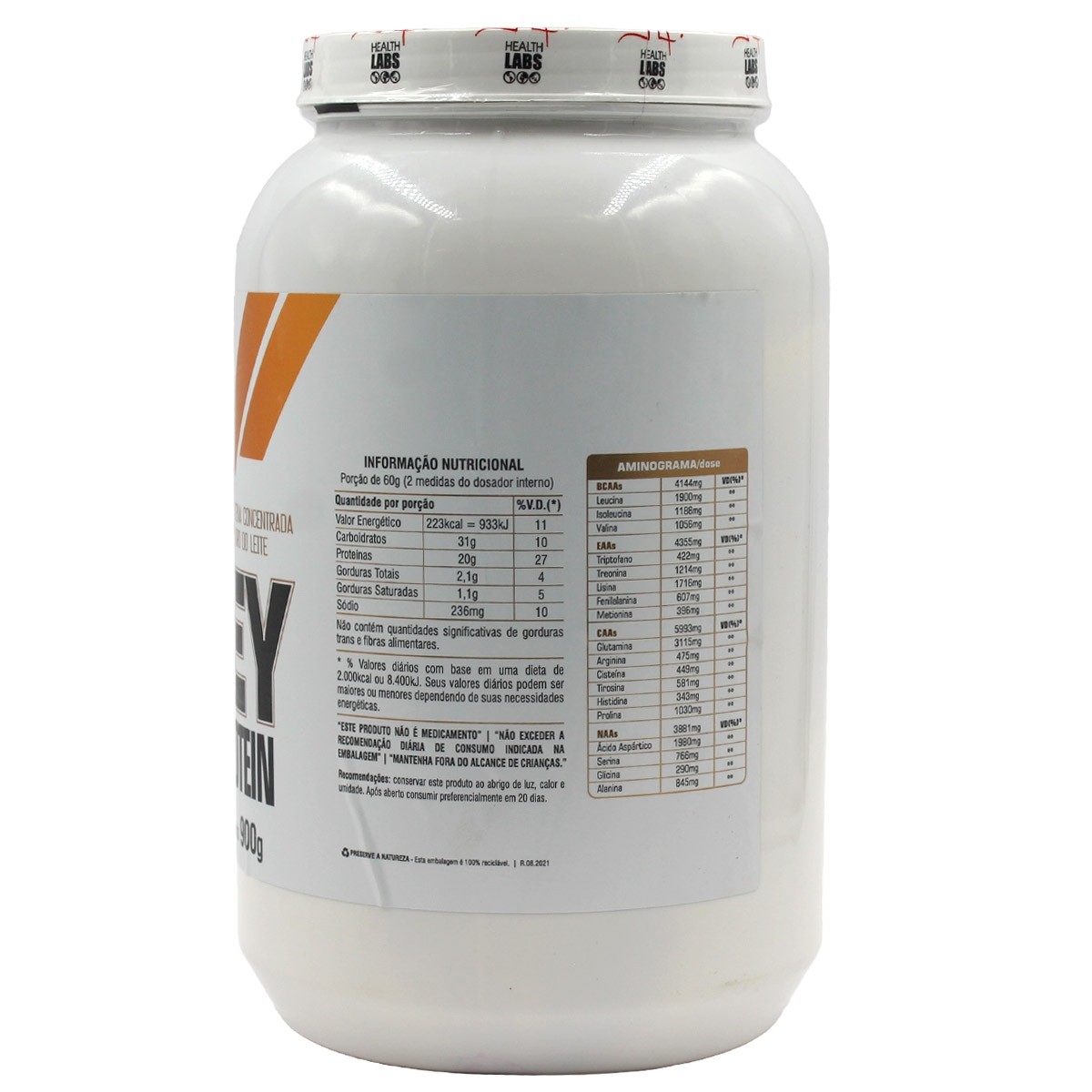Why Routine Testing Protects Your Pet’s Well-Being
Why Routine Testing Protects Your Pet’s Well-Being
Blog Article
The health of pets is a top priority, and supporting their wellness requires effort. Pet health labs play a crucial role in guiding treatment plans for domestic pets.
In this guide, we’ll delve into the benefits of testing for dogs and cats and outline essential tests.
What Are Veterinary Labs?
Diagnostic labs for pets are specialized centers for evaluating pet health. These labs support animal doctors to develop effective treatments.

Steps in veterinary testing usually includes:
- Preparing samples for testing: Health markers are sent to the lab.
- In-depth testing: Modern technology deliver diagnostic insights.
- Results interpretation: Vets review the reports for effective health management.
Key Diagnostics for Pet Health
Diagnostic exams are tailored to pet needs to manage chronic problems. Frequently used procedures include:
- Hematology panels: Monitor immune responses.
- Bladder and kidney checks: Check for diabetes.
- Parasite checks: Identify digestive disorders.
- Skin health exams: Diagnose food or environmental allergies.
- X-rays and ultrasounds: Evaluate bone and joint health.
How Testing Supports Pet Health
Frequent health checks ensures better outcomes. With advanced testing capabilities, your pets stay healthier longer.

The advantages include:
- Improved health outcomes: Pets live happier, healthier lives.
- Lower medical expenses: Emergency costs are avoided.
- Confidence in care: Stay ahead of potential issues.
exames laboratoriais veterinários
laboratório veterináriolaboratorio exame veterinario
Conclusion: Veterinary Labs as a Cornerstone of Pet Health
Animal diagnostic centers provide the foundation for accurate diagnoses. By using these valuable resources, you support their quality of life.
Talk to your vet about testing today and support their wellness every step of the way!
Report this page